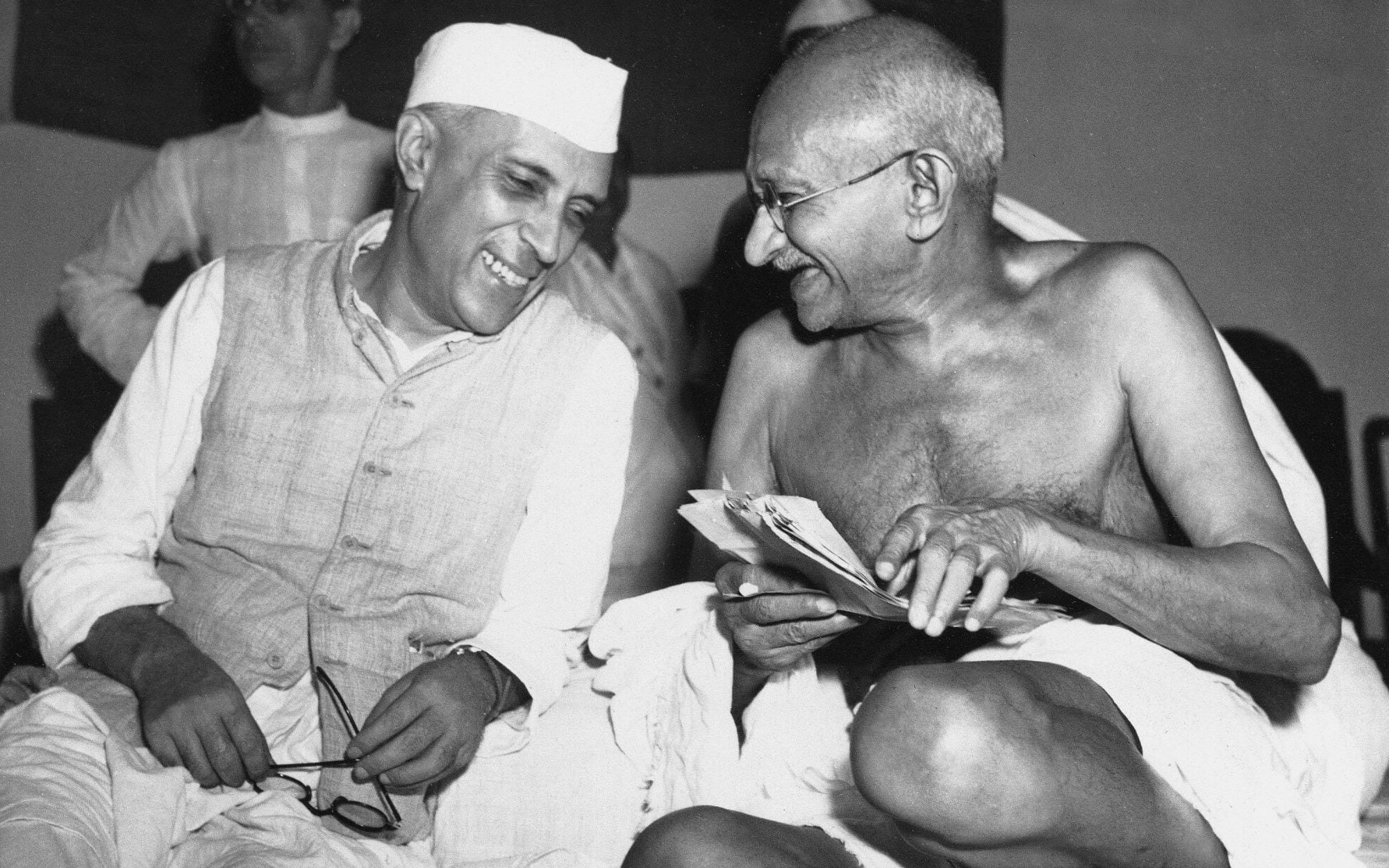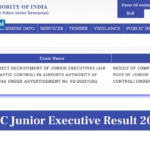India’s political history is adorned with leaders who have shaped the destiny of the nation with vision, courage, and determination. Among them, Pandit Jawaharlal Nehru stands tall—not only as India’s first Prime Minister but also as the longest-serving Prime Minister in the country’s history. Serving from 15th August 1947 until his death on 27th May 1964, Nehru remained in office for 16 years and 286 days, leaving behind a legacy that still influences India’s political, social, and economic structure.
This blog explores Nehru’s journey, his achievements, challenges, and the indelible mark he left on the Indian nation.
🌟 Early Life and Political Journey
Born on 14th November 1889 in Allahabad (now Prayagraj), Jawaharlal Nehru hailed from a wealthy and well-educated Kashmiri Brahmin family. His father, Motilal , was a prominent lawyer and a key figure in the Indian National Congress.
Nehru was educated at Harrow and later at Trinity College, Cambridge, followed by a law degree from Inner Temple, London. Inspired by Mahatma Gandhi’s ideology of non-violence and civil disobedience, Nehru joined India’s freedom struggle in the 1920s. He was jailed multiple times by the British but continued to rise through the ranks of the Congress party.
🏛️ The First Prime Minister of Independent India
When India gained independence on 15th August 1947, Jawaharlal became the natural choice to lead the newly born nation. His historic speech “Tryst with Destiny”, delivered at midnight, still echoes in the minds of Indians as a moment of national pride.
“At the stroke of the midnight hour, when the world sleeps, India will awake to life and freedom.”
Nehru’s role was monumental. He had to steer a country divided by Partition, reeling under the trauma of violence, and facing the massive task of nation-building.
🛠️ Nation Building and Institutional Framework
As Prime Minister, laid the foundation of modern India. He strongly believed in socialism, secularism, democracy, and scientific progress. His policies focused on industrialization, technological advancement, and education.
Key Achievements:
- Industrial Policy Resolution of 1956 – Emphasis on public sector enterprises and heavy industries.
- Planning Commission & Five-Year Plans – For centralized economic planning.
- Establishment of IITs, AIIMS, and ISRO (initial stages) – Promoting education and science.
- Promotion of Scientific Temper – Nehru famously called dams and factories the “temples of modern India”.
- Strengthening Democratic Institutions – India held its first general elections in 1951–52 under his leadership.
Nehru’s commitment to democracy was tested when he continued to hold free and fair elections, even when opposition voices began to rise.
🕊️ Foreign Policy and Non-Aligned Movement
On the global stage, Nehru became a respected statesman. He was one of the founding members of the Non-Aligned Movement (NAM) along with Josip Tito of Yugoslavia and Gamal Abdel Nasser of Egypt. He advocated for peaceful coexistence during the Cold War era and refused to align India with either the US or the USSR blocs.
His foreign policy, based on Panchsheel (Five Principles of Peaceful Coexistence), emphasized mutual respect, non-aggression, and non-interference.
However, his idealism was challenged by realpolitik, especially during the 1962 Sino-Indian War.
⚔️ Challenges and Controversies
While Nehru is widely admired for his vision and intellectual depth, his tenure was not without criticism.
Key Challenges:
- Partition and Refugee Crisis: Over 10 million people were displaced; communal riots erupted.
- Kashmir Issue: Nehru’s decision to take the Kashmir matter to the UN is often debated.
- 1962 War with China: India suffered a humiliating defeat, and Nehru’s trust in the Chinese leadership was seen as a foreign policy failure.
- Slow Economic Growth: Critics argue that his over-reliance on state planning hindered private enterprise and entrepreneurship.
- Socialism vs Capitalism Debate: While Nehru aimed for equity, the state-controlled model led to inefficiency in later years.
🧠 Nehru’s Intellectual Legacy
Nehru was not just a politician; he was a prolific writer, philosopher, and thinker. His books like “The Discovery of India”, “Glimpses of World History”, and “Letters from a Father to His Daughter” are widely read even today.
He believed in scientific inquiry, rational thought, and a modern, secular India. Nehru was deeply influenced by Western liberal values and saw education as the vehicle to transform India into a progressive society.
🏛️ Secularism and Democracy
One of Nehru’s greatest legacies is his unwavering commitment to secularism. In a country with immense religious, linguistic, and cultural diversity, he ensured that the state remained neutral in religious matters.
He protected the rights of minorities and laid the groundwork for a democratic republic where the rule of law prevailed. His belief in democratic processes ensured that India did not fall into dictatorship or monarchy after independence, unlike many other newly decolonized nations.
🏥 Impact on Education and Health
Nehru emphasized education and research as pillars of national development. Institutions like:
- Indian Institutes of Technology (IITs)
- Indian Institutes of Management (IIMs)
- All India Institute of Medical Sciences (AIIMS)
… were either founded or conceptualized during his tenure. These institutions went on to become globally recognized centers of excellence.
In the health sector, Nehru’s government launched initiatives like the Community Development Programme and National Extension Services aimed at improving rural healthcare and hygiene.
🕊️ Death and Legacy
Jawaharlal Nehru passed away on 27th May 1964 at the age of 74 due to a heart attack. His death was mourned across the globe. He left behind a young but steadily growing nation that was finding its place in the world.
His Legacy Today:
- Children’s Day is celebrated on 14th November, his birthday, in memory of his affection for children.
- Numerous universities, roads, and institutions bear his name.
- The Nehru-Gandhi political dynasty continued to shape Indian politics for decades.
Though opinions about his policies remain divided, his contributions to India’s unity, democracy, and secular identity are undisputed.
✍️ Conclusion: Nehru’s Enduring Relevance
As the longest-serving Prime Minister of India, Jawaharlal Nehru’s influence on Indian politics and society is unmatched. His leadership during the formative years of the nation ensured that India remained a sovereign, socialist, secular, and democratic republic.
While he made mistakes—as any long-term leader does—his intent was always to see India rise on the global stage as a peaceful and progressive nation.
More than just a Prime Minister, Nehru was a visionary, a thinker, and a leader who dreamed of an India that would balance its ancient heritage with modern innovation.
Even decades after his passing, his ideas continue to spark debate, dialogue, and discussion—a sign that his legacy is very much alive.










